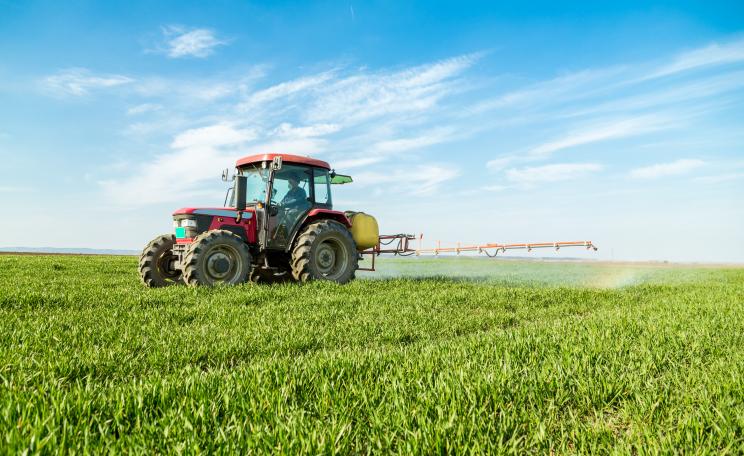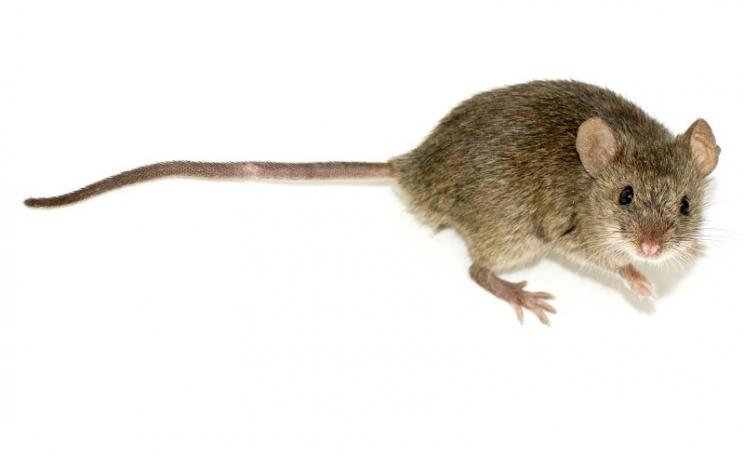It's a victory for Monsanto because now it has a product that doesn't cause harm and a victory for people and the environment. Glyphosate-free Roundup is a product whose time has come.
A new type of Roundup is on sale in Austrian garden centres. It's the same old bottle with the same familiar brand name and is marketed by Scotts, under licence from Monsanto.
The only difference compared with the old-style Roundup is that the new one has a prominent label on the front saying it's formulated "without glyphosate" ("ohne Glyphosat" in German).
On the back, on the ingredients label, the 'active substance' is defined as none other than vinegar: 'Essigsäure'.
The new product was bought by Dr Helmut Burtscher, a biochemist who works for the Vienna-based NGO GLOBAL 2000, (the Austrian affiliate to Friends of the Earth International) in a garden centre in Vienna.
He learned of the glyphosate-free Roundup in a brochure sent to his house advertising new products. His reaction? "I laughed - but then I went quickly to the store to see if it was really true or a joke. It was real."
In fact, organic and other gardeners have long been using vinegar as a weedkiller, which works by sucking moisture out of plants' leaves. It's most effective if used in dry weather when plants are already water-stressed, and the vinegar won't get washed off or diluted by rain.
Most recipes also advise adding soap or washing up liquid to help it spread over leaves.
What's Monsanto's rationale here?
Why does Burtscher think that Scotts brought out this product? "The World Health Organisations' cancer agency IARC has stated that glyphosate was a probable human carcinogen. Monsanto has admitted in court that it cannot claim that Roundup doesn't cause cancer because the complete formulation has never been tested.
"Garden centres are wondering what they can tell their customers. They have undoubtedly lost business. Some have phased out all chemical pesticides, such as Bellaflora, which took this step in cooperation with GLOBAL 2000 long before IARC came out with its verdict."
Burtscher says that in the case of Bellaflora, the NGO didn't need to apply much pressure: "The expertise came from the company. Now they only sell organic-approved plant protection products."
But why does Burtscher think Scotts are calling its new vinegar-based herbicide Roundup? "Maybe Scotts thought: We need this trade name because people see Roundup as more effective than vinegar!"
Toxic adjuvants in the new Roundup? Or just soap?
Burtscher spent about €30 on the glyphosate-free Roundup but says in future he will just buy vinegar if it works out cheaper. It may also be safer, he adds, since "We do not know if the vinegar-based Roundup formulation still contains toxic adjuvants."
('Adjuvants' are additives present in glyphosate herbicide formulations that are designed to increase the toxicity of glyphosate to plants, for example by 'fixing' them to leaves and reduce wash-off in rain. But they can also increase the toxicity to animals, as in the case of tallowamine often used with glyphosate.)
But if Scotts can prove the safety of the adjuvants, Burtscher says it's a win-win situation: "It's a victory for Monsanto because now it has a product that doesn't cause harm and a victory for people and the environment."
One thing is certain: glyphosate-free Roundup is a product whose time has come.
Claire Robinson is managing editor at GMWatch, a public news and information service on issues surrounding GM crops and foods.
This article was originally published by GMWatch.






